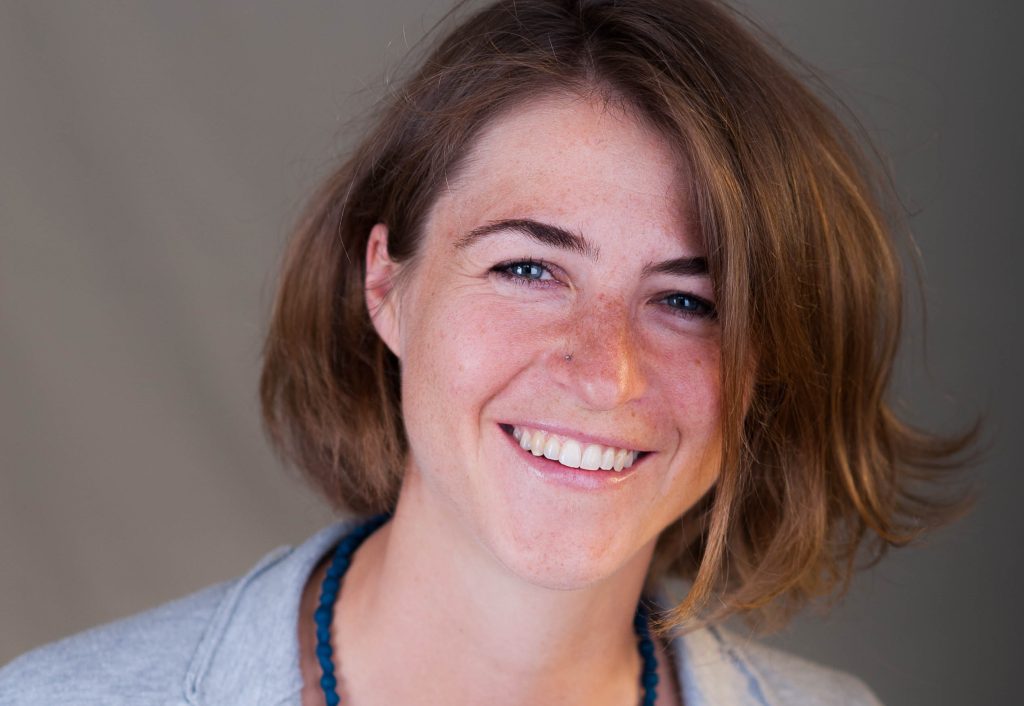Denise Klein is a historian of the Ottoman Empire and the Middle East, with a PhD in history from the University of Konstanz (2014) and an M.A. in Middle Eastern Studies from the University of Munich (2005). She has been a Research Associate at the Leibniz Institute of European History since 2014. She has received several scholarships, including by the Gerda Henkel Foundation (2005–2007), the Research Center for Anatolian Civilizations at Koç University (2012–2013), and the German Research Foundation (2019–now), and has lived in Istanbul, New York, and Athens. Her research focuses on the social, cultural, and urban history of the Ottoman world before 1800. She is currently finalizing her book, Narrating the Past in the Crimean Khanate, and working on a new book project exploring the history of Ottoman Istanbul as a city of migrants.
- Islamic and Turkish Studies
- Early modern Ottoman history
- Social and cultural history
- Urban history
- Islamic Historiography
- Die osmanischen Ulema des 17. Jahrhunderts. Eine geschlossene Gesellschaft? (Berlin: Klaus Schwarz, 2007), http://dx.doi.org/10.25673/91591
- (ed.) The Crimean Khanate between East and West (15th–18th Century) (Wiesbaden: Harrassowitz, 2012)
- (ed. with Cornelia Aust and Thomas Weller) Dress and Cultural Difference in Early Modern Europe: European History Yearbook 20 (2019), https://doi.org/10.1515/9783110635942
- (ed. with Anna Vlachopoulou) Transottoman Biographies, 16th–20th c. (Göttingen: V&R unipress, 2023), https://doi.org/10.14220/9783737011662
- Living in a City of Migrants: The Risale-i Garibe on Difference and Belonging in Early Modern Istanbul, in: Archivum Ottomanicum 40 (2023), 87–116
